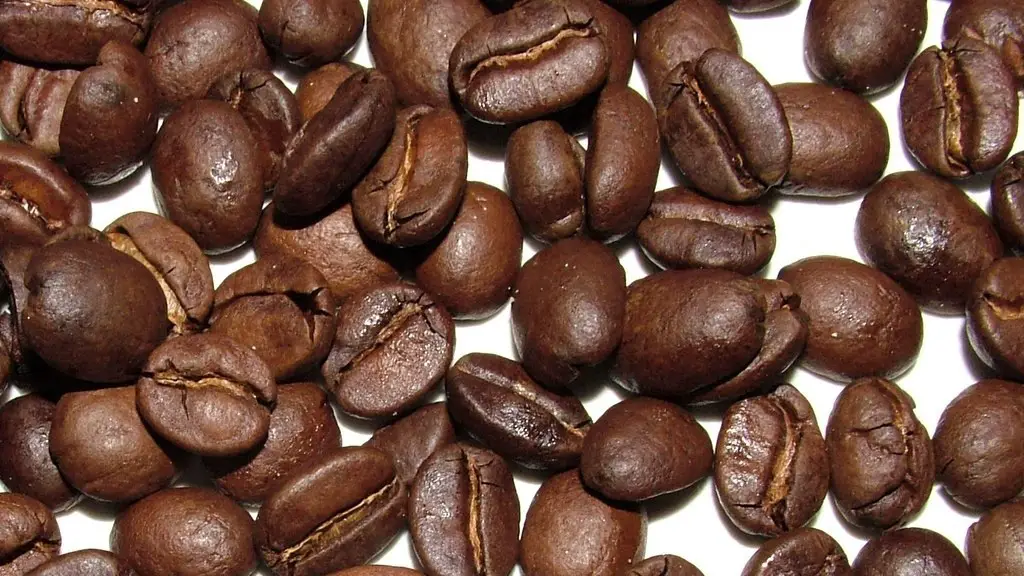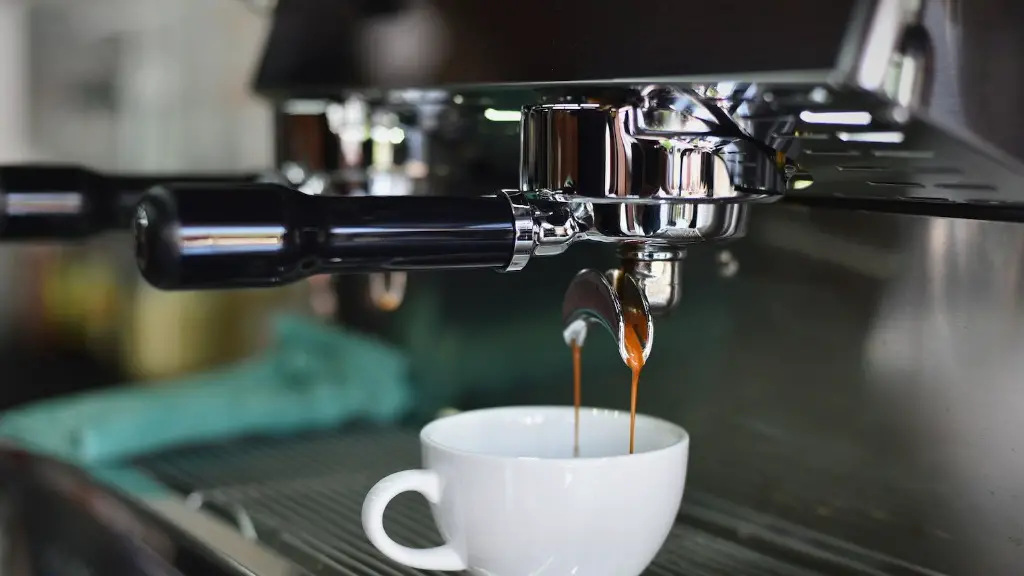Decaf coffee is often a go-to beverage for those who suffer from acid reflux or heartburn—assumingly since it contains no caffeine. However, researchers are now noting that those who may have a Helicobacter pylori infection should avoid decaf coffee completely. H. pylori is a spiral-shaped bacterium that is estimated to affect between half and two-thirds of the world’s population. It is often linked to gastric ulcers, chronic gastritis, and stomach cancer.
The relationship between decaf coffee and H. pylori is inconclusive, as there are studies that suggest an increase in bacterial colonization when using decaffeinated coffee. There are also studies that don’t show any correlation between the two. These studies, however, do not provide solid enough evidence to suggest that decaf coffee should be avoided if one has H. pylori.
Despite its lack of definitive evidence, many health professionals suggest that it is best to avoid decaf coffee entirely if one is diagnosed with an H. pylori infection, as it can aggravate certain symptoms. One of the main reasons for this is because decaffeinated coffee still contains levels of acidity and it can contribute to inflammation in the stomach.
Furthermore, some studies have found that those with H. pylori infections should reduce the intake of acidic, caffeinated, and alcoholic beverages, since they all can further irritate the stomach. While reducing the intake of these beverages may be helpful, it is important to remember that they are not the root of the problem. H. pylori infection must be treated with antibiotics and lifestyle modifications.
It is important to note that the studies and information available on this topic are limited. There is no consensus on whether drinking decaf coffee can worsen the symptoms of an H. pylori infection. Many doctors recommend avoiding it to reduce irritation, but the best bet is to consult a healthcare provider for personal advice.
Effects on H. pylori infection
Helicobacter pylori infections can lead to a variety of complications, ranging from stomachache and inflammation to more serious problems such as ulcers. Therefore, some doctors suggest avoiding potential triggers of flare-ups, such as decaf coffee, to reduce the risk of complications.
That said, there are conflicting opinions on the matter. Some sources argue that decaffeinated coffee is a healthier option than regular coffee, and can even offer health benefits such as reduced inflammation.
It’s important to keep in mind that H. pylori infections require medical assessment and treatment. While drinking decaf coffee may indeed aggravate symptoms, it is not the only source of aggravation. Therefore, any lifestyle modifications should not replace professional medical advice and treatment.
Diet Modifications
Even if choosing to avoid decaf coffee is unnecessary, some lifestyle modifications can help to reduce symptoms of H. pylori infections. Diet modifications are the cornerstone of treatment for such infections, as certain foods such as those high in saturated fat and spicy foods can aggravate symptoms.
Moreover, increasing consumption of certain foods such as probiotic yogurt, and foods high in antioxidants and fiber, may help reduce irritation and even prevent the occurrence of H. pylori in the first place. Fruits, vegetables, and whole wheat grains are all beneficial additions to the diet.
Similarly, certain herbs and supplements may offer protection from H. pylori infections. For example, probiotics, garlic, licorice root, goldenseal, and slippery elm are all known to have anti-inflammatory and anti-microbial properties.
However, it is important to talk to a doctor or nutritionist before making any significant changes to the diet. Some supplements may interact with medications and could cause adverse effects.
Alternative Beverage Options
If avoiding decaf coffee is necessary, there are still plenty of options to choose from. Herbal teas are a great alternative as they are just as flavorful and can offer a variety of health benefits. Other caffeine-free beverages such as fruit juices, smoothies, and hot cocoa can also make for a tasty drink.
It’s also important to remember that plain water should be the go-to hydration choice, as it helps to flush out toxins and waste from the body. In addition, water can help to soothe an acid stomach, or to reduce symptoms of heartburn. Furthermore, drinking enough water helps to keep the body well-hydrated and can prevent dehydration, which can further increase stomach acid.
Lastly, it is recommended to avoid soft drinks, as these contain high levels of sugar and acidity. Soft drinks can also cause bloating and aggravate symptoms of H. pylori infection.
Reducing Stress
Stress can further exacerbate symptoms of H. pylori infection and could potentially increase flare-ups. As such, it is important to reduce stress as much as possible, both in the short and long-term. A few tips for managing stress include exercising regularly, engaging in hobbies such as painting or reading, meditation, and participating in activities that bring joy.
It is also important to remember to get enough sleep. Poor sleep quality can also lead to increased stress levels, as well as increased inflammation and adrenal fatigue.
Finally, it may also be beneficial to seek professional help if feelings of stress and anxiety persist. Therapy, lifestyle modifications, and medication can all be helpful in managing symptoms of H. pylori infection.
Testing for H. pylori
If one believes they may be infected with H. pylori, it is important to seek medical advice for a proper diagnosis. Common diagnostic procedures include stool antigen tests, urea breath tests, and endoscopy. Once any symptoms are noticed, it is important to contact a doctor, as H. pylori can cause serious health issues and should be treated as soon as possible.
In conclusion, the correlation between decaf coffee and H. pylori infection is inconclusive, and more research is needed to conclude any definitive findings. Until then, it may be best to avoid decaf coffee and any other caffeinated and alcoholic beverages if one has been diagnosed with an H. pylori infection. Furthermore, lifestyle modifications and professional medical advice should be sought.





